New report says there are five major areas of risk in putting money into new nuclear plants.
According to a new report from the Energy Fair group, anyone considering investing in new nuclear plants faces five major areas of risk: market risk, cost risk, subsidy risk, political risk and construction risk.
By the time any new nuclear plant could be built in the UK (2020 or later), the market for its electricity will be disappearing, regardless of any possible increase in the overall demand for electricity.
The tumbling cost of photovoltaics (PV) and the falling costs of other renewables, with the likely completion of the European internal market for electricity and the strengthening of the European transmission grid, means that consumers, large and small, will be empowered to generate much of their own electricity or to buy it from anywhere in Europe -- and this without the need for subsidies.
Explosive growth of PV is likely to take much of the profitable peak-time market for electricity. And there will be stiff competition to fill in the gaps left by PV, from a range of other sources, many of which are better suited to the gap-filling roll than is nuclear power.
There is good evidence that, contrary to the often-repeated claim that nuclear power is cheap, it is one of the most expensive ways of generating electricity. The inflation-adjusted cost of building new nuclear power stations has been on a rising trend for many years, and will be boosted by the introduction of new safety measures after the Fukushima disaster.
Meanwhile, the cost of most renewable sources of power is falling.
Although nuclear power is a long-established industry which should be commercially viable without support, it depends heavily on subsidies. This is a clear breach of the principle of fair competition. At any stage, some or all of the subsidies may be withdrawn, either via complaints to the European Commission, or via the European Court of Justice, or via decisions made by politicians. Energy Fair has already submitted a complaint to the Directorate General for Competition of the EC about subsidies for nuclear power. State aid which is deemed to be illegal must be repaid.
Consumers may refuse to pay surcharges on electricity bills. There is additional subsidy-related risk arising from the great complexity of government proposals in this area, with its potential for unexpected and unintended consequences.
Apart from the risk that politicians may decide to withdraw some or all of the subsidies for nuclear power, it is vulnerable to political action arising from events like the nuclear meltdowns in Fukushima. That disaster led to a sharp global shift in public opinion against nuclear power and it led to decisions by politicians to close down nuclear power stations and to accelerate the roll-out of alternative sources of power.
The next nuclear disaster — and the world has been averaging one such disaster every 11 years— is likely to lead to even more decisive actions by politicians, perhaps including the closing down of nuclear plants that are still under construction or are relatively new.
The delays and cost overruns in the Olkiluoto and Flamanville nuclear projects are just recent examples of nuclear projects where actual build times and actual costs greatly exceed what was estimated at the outset. But the extraordinary complexity of nuclear power stations — which is likely to increase, after Fukushima, with the added complexity of new safety systems — means that construction risk will remain a major hazard for investors for the foreseeable future.
In general, renewables can be built much faster than nuclear power stations, they are cheaper than nuclear power (taking account of all subsidies), they provide greater security in energy supplies than nuclear power, they are substantially more effective in cutting emissions of CO2, there are more than enough to meet our needs now and for the foreseeable future, they provide diversity in energy supplies, and they are largely free of the several problems with nuclear power.
The commercial opportunities lie in renewable sources of power. They are growing fast while the numbers of operating nuclear plants in the world is falling. Renewables are, commercially, much less risky than nuclear power.
"Energy Fair has provided an excellent review of the risks facing investors in new nuclear plants.” said Ivan Kotev, an analyst with the consultancy firm Candole Partners. “The accessible language, the abundant bibliographical evidence, and current examples make the report important reading not only for investors and policy-makers worldwide, but for all stakeholders concerned with nuclear energy. The report makes the already questionable economics of new nuclear plants appear even less convincing.
"This is an excellent piece of work” said Tom Burke CBE, Founding Director of the campaigning group E3G.
"It is essential reading for anyone considering putting money into new nuclear power stations. The downside of any such investment is much greater than any possible upside and contrasts starkly with the huge opportunities that are opening up in renewable sources of power."
(GK)
Construction News
27/03/2012
New-Build Nuclear Power: A High-Risk Gamble

15/04/2025
Construction of a £70 million student accommodation development at 292-298 St Vincent Street in Glasgow has reached a significant milestone, with the building now visibly rising from the ground.
Drone footage has captured the progress of the project, which is a partnership between developer Artisa
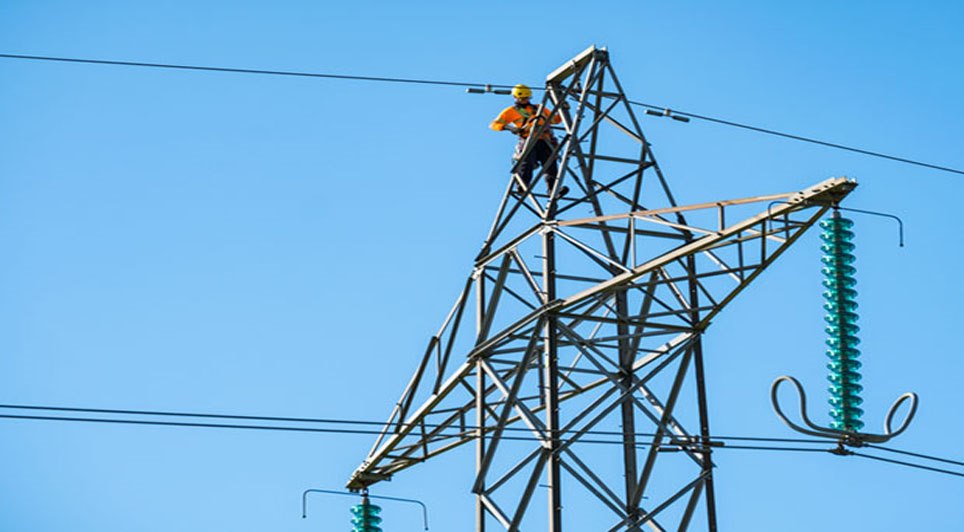
15/04/2025
Energy regulator Ofgem is expected to confirm today (April 15) its finalised Connections Reform process, designed to expedite grid connections for renewable energy projects that are ready and crucial for achieving the UK's clean power targets for 2030 and beyond.
The new connections system, anticip

15/04/2025
The ambitious transformation of Glasgow’s landmark George Square has moved into a tangible phase with the commencement of the erection of hoardings around the perimeter of the civic space. Starting today, the hoardings will enclose the Square for the duration of its 18-month redevelopment.
The pane
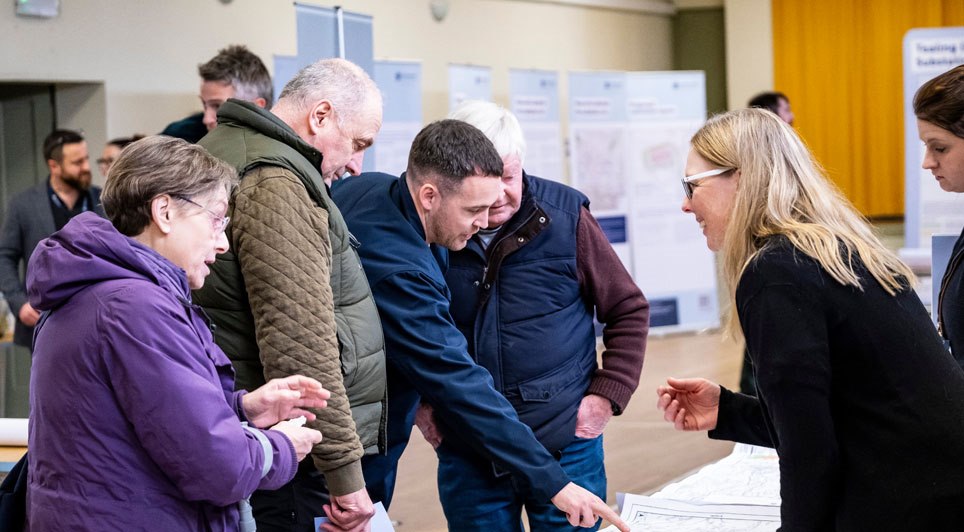
15/04/2025
Members of the public are invited to attend a consultation feedback event to discuss the proposed infrastructure associated with a new underground electricity transmission cable between the Kinardochy and Errochty substations in Perthshire.
The event will take place on Monday, 28 April, from 4 pm t
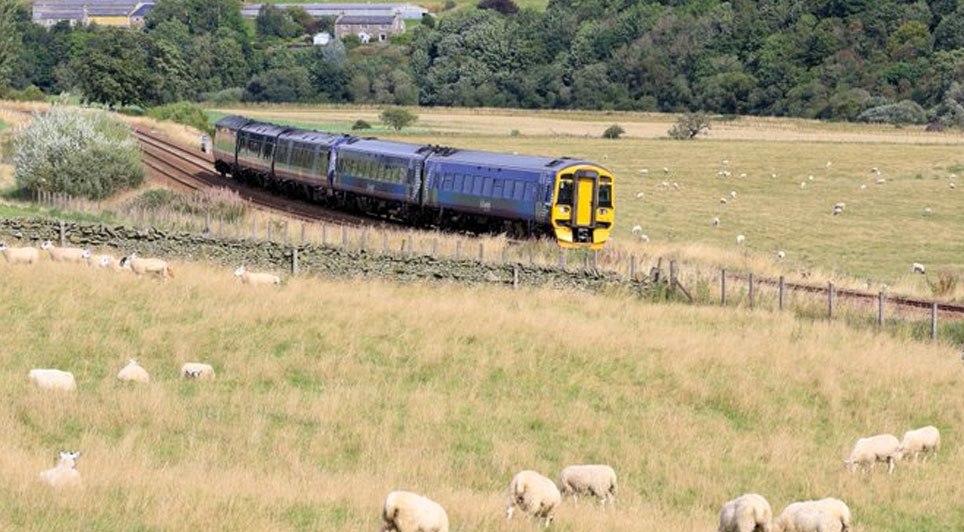
15/04/2025
Turner & Townsend have been appointed as project managers to develop a business case for the potential extension of the Borders Railway beyond its current terminus at Tweedbank to Hawick and Carlisle.
This key appointment will enable crucial work to progress on the project, including feasibility s
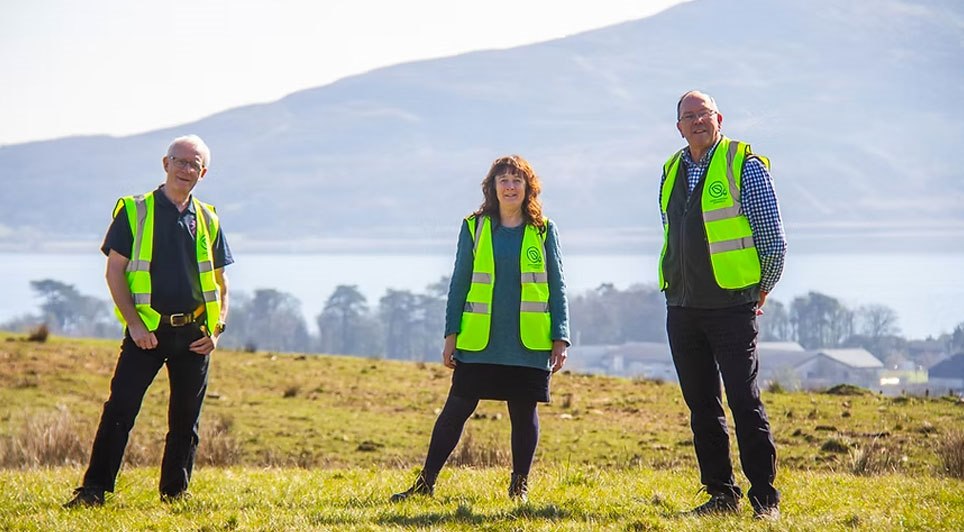
15/04/2025
Arran Community Renewables, a Community Benefit Society based on the Isle of Arran, has secured planning consent for a 6 MW solar farm. The Glenkiln Solar Farm, located approximately 1km west of Lamlash, is projected to generate 5,600MWh of clean renewable energy annually from 2027.
The £5 million
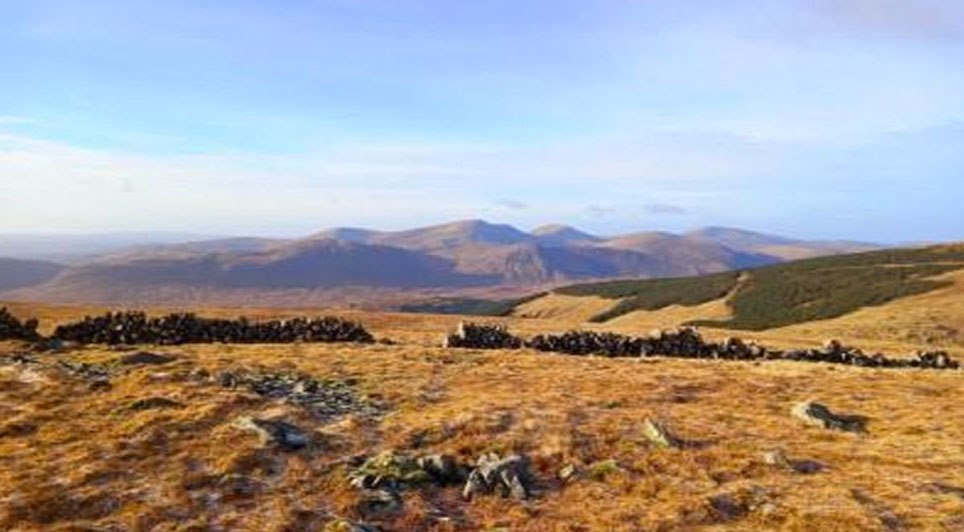
15/04/2025
A new Route Map has been published by the Scottish Land Commission (SLC) to ensure communities across Scotland secure tangible and long-lasting benefits from nature restoration projects and investment in the country's natural environment.
The practical guide is designed for landowners, developers,

15/04/2025
Award-winning principal contractor Procast Group has further expanded its presence across Scotland with the opening of a new base in Dumfries. The Hamilton-based firm has invested £30,000 in a new warehouse and office facility in the Maxwelltown Industrial Estate in Dumfries and Galloway, marking it

14/04/2025
Glasgow City Council's Affordable Housing Supply Programme (AHSP) facilitated the completion of over 1,000 new affordable homes in the city during the past year, despite facing budgetary reductions at the start of the financial year.
The initial grant of £78.687 million from the Scottish Government

14/04/2025
A key phase of Scottish Water's £11.5 million project to upgrade a strategic rising sewer main connecting Renfrew and Glasgow is set to begin, resulting in a significant road closure.
From Monday, 28 April 2025, Ferry Road in Renfrew will be closed to all vehicular traffic for a period of four mont
 Scotland
Scotland UK
UK Ireland
Ireland London
London










